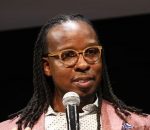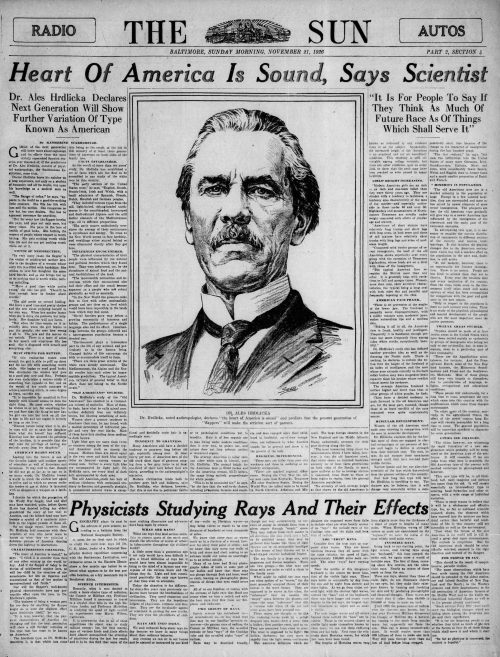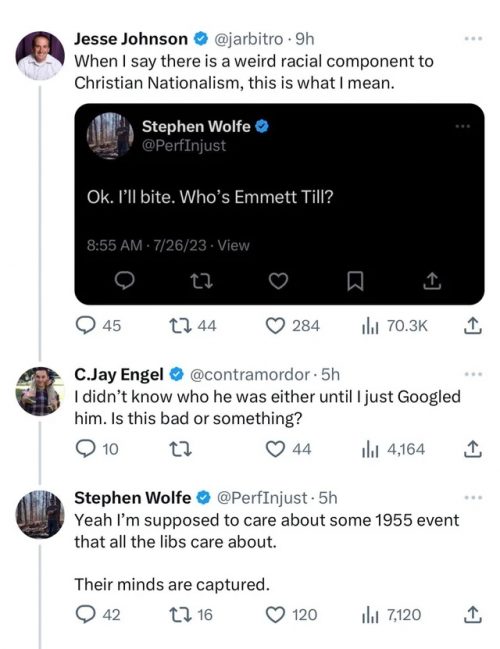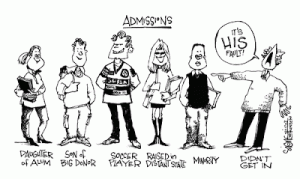Dr Ibram X. Kendi has a noble goal, combatting racism. To that end, he established a Center for Antiracist Research at Boston University that, by some metrics, was highly successful.
Since its announced launch in June 2020, just days after the murder of George Floyd in Minneapolis, the center has raised tens of millions of dollars from tech entrepreneurs, Boston-area corporations, and thousands of small donors.
At the time, Kendi, the author of the bestselling 2019 book “How to Be an Antiracist,” said the center would “solve these intractable racial problems of our time.”
Then the complaints started. There were accusations of mismanagement, that Kendi was unreachable, that all that grant money wasn’t being effectively used.
The organization “was just being mismanaged on a really fundamental level,” said Phillipe Copeland, a professor in BU’s School of Social Work who also worked for the center as assistant director of narrative.
Although most decision-making authority rested with Kendi, Copeland said he found it difficult to schedule meetings with him. Other staffers described paralysis in the organization because Kendi declined to delegate authority and was not often available.
Say it ain’t so! I’d want to see evidence that the center was being run poorly.
In recent months, Kendi had been on leave from the center, according to BU.
He returned last week and, in a series of Zoom meetings, told approximately 20 of the center’s staffers that they would be laid off, according to Spencer Piston, a BU professor and leader in the center’s policy office.
The layoffs “were initiated by Dr. Kendi” and represented a strategic pivot, not a response to any financial difficulty, Lapal Cavallario said. The center will now pursue a fellowship model “rather than its current research-based approach,” she said.
Uh, OK. Authoritarian mass firings and a complete redirection of how the center would be run is strong evidence of mismanagement, I would think.











